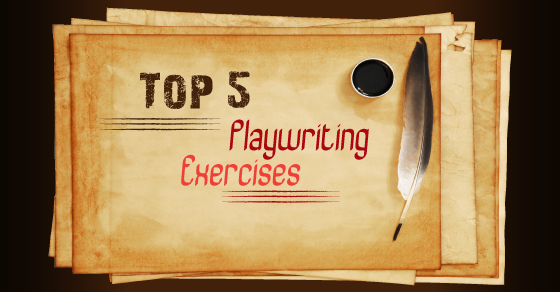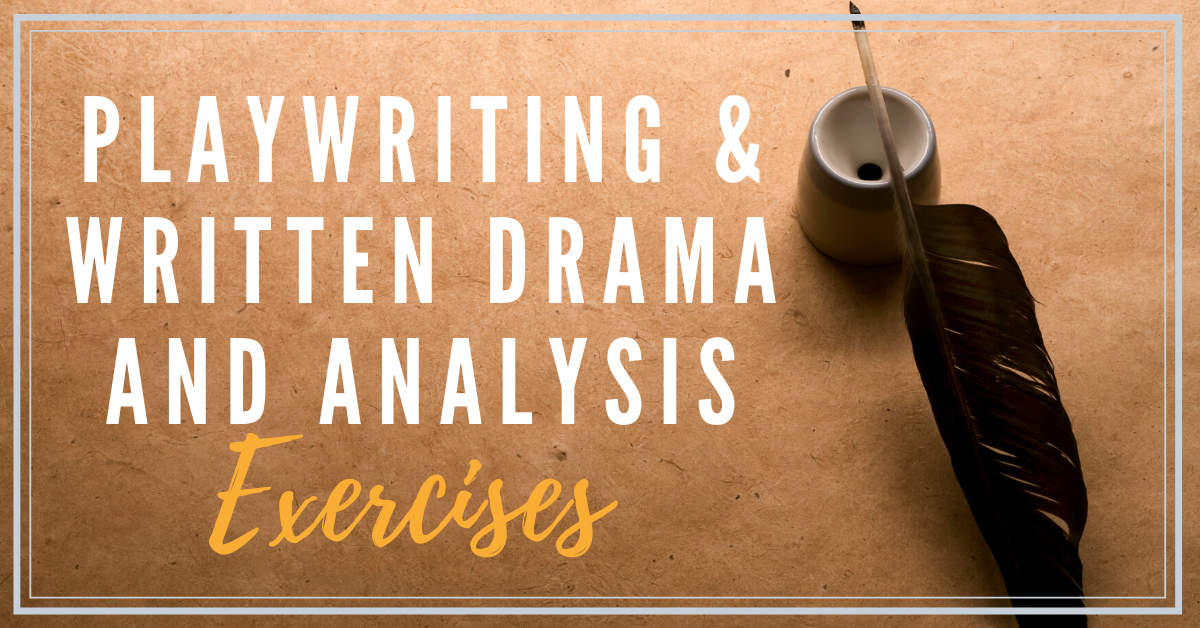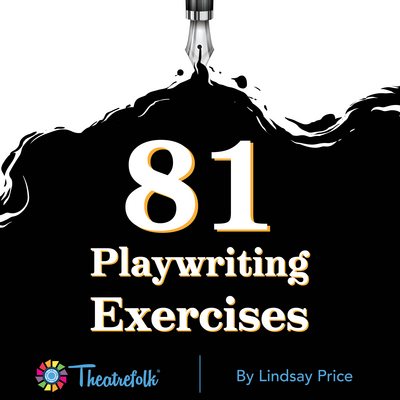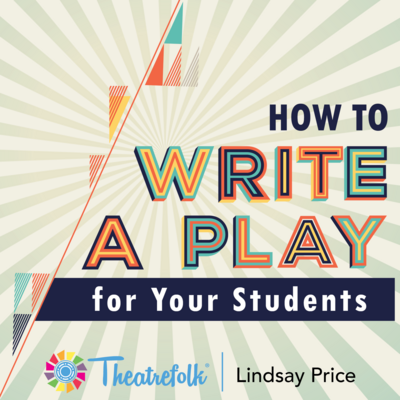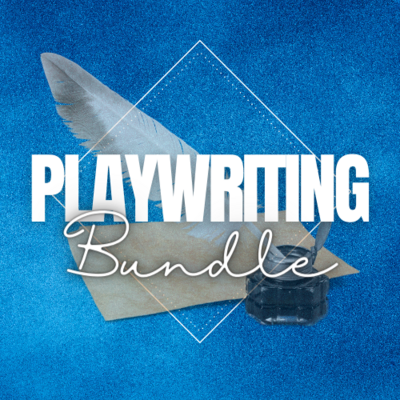A squirt gun would never be mistaken for a real gun, right? Dive into the thought-provoking world of Water. Gun. Argument and challenge what we choose to believe. A thought provoking and powerful piece in a docu-theatre style.
Playwriting Exercise: Write a Letter
“… I recommend they keep a diary, at least a page a day, and faithfully, and also to get into the habit of letter writing to other writers. The advantages that come with doing this seem obvious—both are exercises which hone the communicative skills.” George Plimpton, Advice to Writers
Both of these are great habits to put into your repertoire. Think of the diary not so much as a dumping ground for emotional angst, but as a writer’s tool. Write down what you observe on a daily basis. What did you experience? What came across your world view? Can you describe something using the five senses? But using the diary in this way, you are sharpening your skills at observation and observation is my number one most often used tool for finding play ideas.
I agree with Mr. Plimpton – having honed communication skills are essential to the writer. That is all we do with our work, isn’t it? Use words as a vessel for communication. I have never written a letter, not a proper one, to another playwright. Who would you write to? What would you say? Would you tell them how they inspired you? What you you remark about their work? Sounds like an exercise.
Communication Exercise
1. Write three letters to three different artists who have inspired you.
2. Write a proper letter, with salutation and fully constructed sentences (no text shorthand here).
3. Explain to the artist why they inspired you and what it is you love about their work.
4. Decide what you want to communicate with the letter. Don’t just make it a one line letter: “I love your work.” Why? Be descriptive. Give the letter purpose. What is going to make the artist read your letter over all the others? What is going to make them keep going after the first line? What will make them respond to your letter?
5. Reflection: Reflect on the exercise. Are letters a useful communication tool? Why or why not? Would you send your letters, or file them away never to be seen again? Why?
Related Articles
81 Playwriting Exercises
by Lindsay Price
81 exercises that can be used to get students in the habit of writing on a regular basis.
How to Write a Play for your Students
by Lindsay Price
You’ve chosen to write a play for your students! Where do you start?
Resource Bundle - Playwriting
Use these 4 Playwriting drama teaching resources to make playwriting possible with your students. Great for warm-ups, prompts, writer's block and more!

